
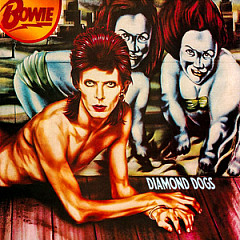
When David Bowie sings, "We like dancing and we look divine" in "Rebel Rebel," it's a reference to a famous drag queen known as Divine.
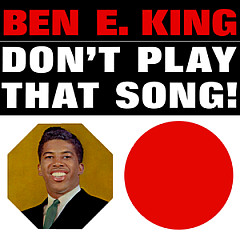
Rob Reiner named his 1986 movie "Stand By Me" after the song, since he thought The Body, a Stephen King story on which it was based, sounded like a horror movie.

Sheryl Crow's "Soak Up The Sun" isn't as lighthearted as it seems: the song deals with the prevailing head-in-the-sand reaction to climate change.
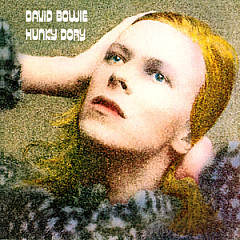
The movie The Breakfast Club opens with a passage from David Bowie's "Changes" ("And these children that you spit on...")
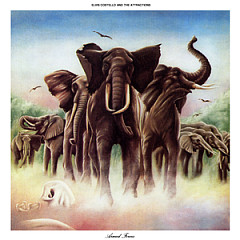
"(What's So Funny 'Bout) Peace, Love, and Understanding" was written by Nick Lowe in 1974. The original version with his group Brinsley Schwarz was kind of somber, but Elvis Costello made it a classic with his 1978 uptempo take.
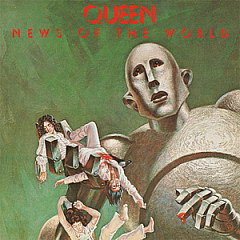
Brian May wrote Queen's "We Will Rock You" so the crowds could participate in the song. They didn't have instruments, but they could clap their hands and stomp their feet.
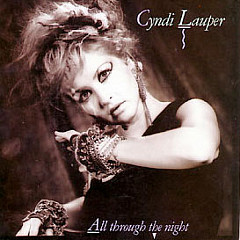
Shears does very little promotion, which has kept him secluded from the spotlight. What changed when Cyndi Lauper had a hit with his song? Not much, really.

Medley looks back on "Unchained Melody" and "You've Lost That Lovin' Feelin'" - his huge hits from the '60s that were later revived in movies.
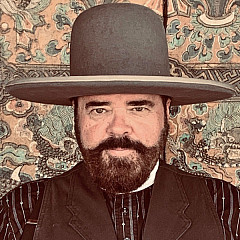
Andrew Farriss on writing with Michael Hutchence, the stories behind "Mystify" and other INXS hits, and his country-flavored debut solo album.
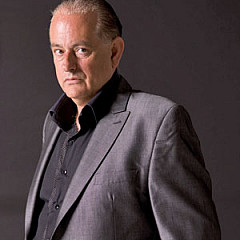
Martyn talks about producing Tina Turner, some Heaven 17 hits, and his work with the British Electric Foundation.
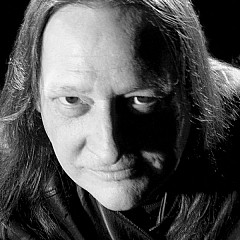
Writing great prog metal isn't easy, especially when it's for 60 musicians.